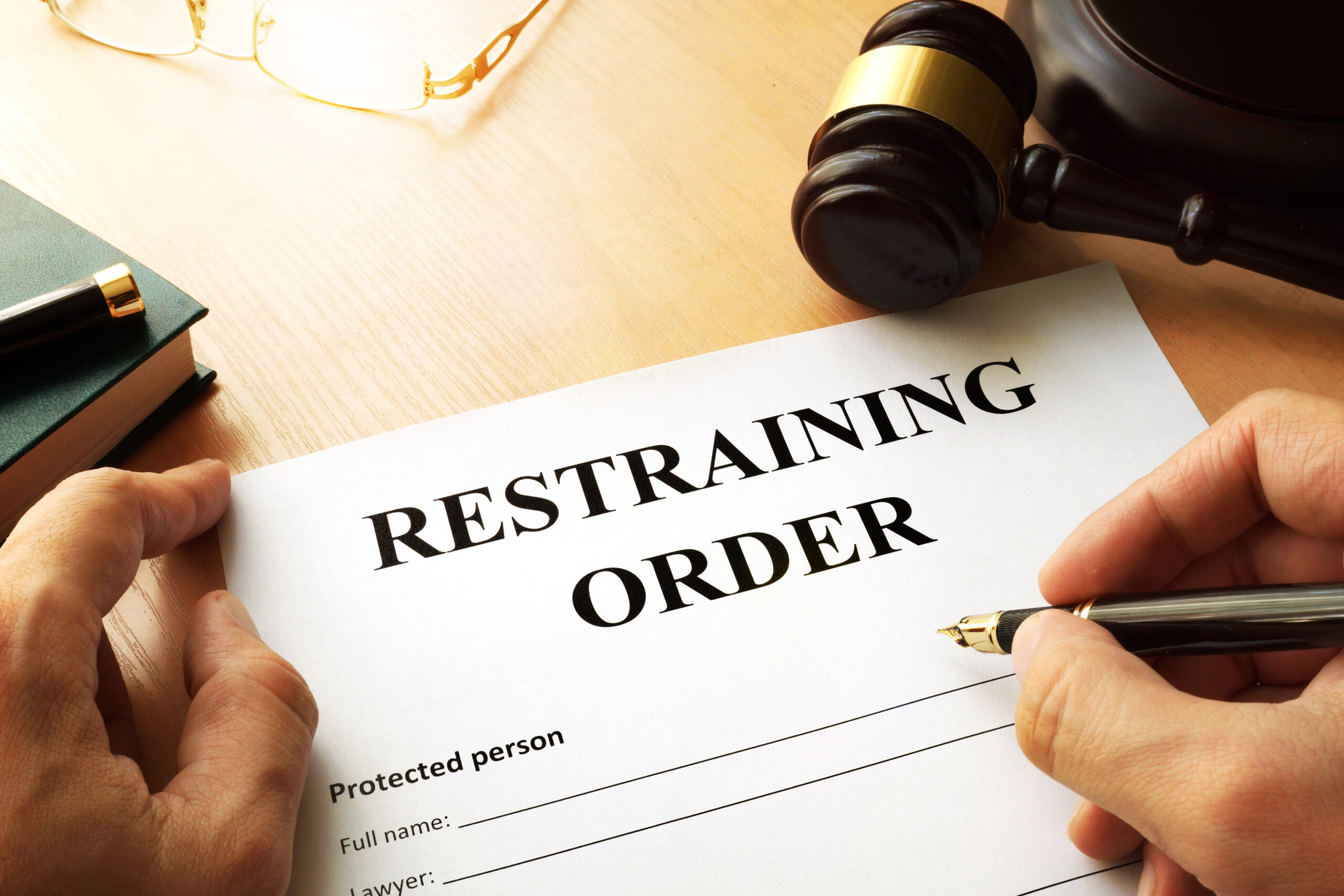Options Available for Domestic Violence

If you’ve been the victim of abuse, whether physical, emotional, or verbal, know that options are available to help you get out of this situation.
Domestic violence can be described as abusive or aggressive behavior that occurs in the home. It generally involves two intimate partners, for example, married spouses. But there are other types of domestic abuse as well.
Below, we’ll outline the initial steps you can take if you ever find yourself the victim of abuse or violence in the home.
First, consider a criminal protective order.
Criminal protective orders, or CPOs, are often issued by law enforcement when they become involved in domestic disputes. There are several different types of CPOs, and each has its own unique level of protection for the victim.
For example, emergency protective orders, or EPOs, are often standard because they can be issued at any time. They are available 24 hours a day. That way, a police officer can request one immediately if they are called to a home for a domestic disturbance.
You may also be able to get a temporary restraining order.
Temporary restraining orders, or TROs, are slightly more formal than criminal protective orders. These are issued by filing documents with the court. Their primary purpose is to set up an immediate restraining order that will be in place during the two to four-week period before a permanent order hearing.
Once a temporary restraining order is issued, a permanent order can be issued.
Once the victim and her counsel can schedule a permanent restraining order hearing, the court can then issue an order for a permanent restraining order. Permanent restraining orders can last for up to three to five years. The results of a hearing depend on the circumstances and the evidence and facts you can present to the court.
Obtaining a Restraining Order
To obtain a permanent restraining order, the court must consider several factors. As a rule, victims of abuse and violence must prove that they have reasonable grounds to fear for their children’s safety. Restraining orders can be denied if not enough evidence is provided.
The court will look for evidence of past violent behavior by the alleged assaulter, including any stalking behavior or threats they have made. The court will also want details from the victim(s), including evidence of abuse-related text messages, emails, photos, video, or doctor or hospital records.
Deciding to Obtain a Restraining Order
For many victims, it can be challenging to decide to get a restraining order. For example, our firm recently had a client who had been the victim of domestic abuse throughout her 20-year marriage. Her husband would come home from work and often drink alcohol. Then, he would begin to curse at her and call her names in front of their children.
When she eventually contacted law enforcement, they advised her to obtain counsel. However, because the abuse had been going on for so long, she had found herself numb to it.
She had never done anything about it before she contacted our office. Therefore, it took many months and many discussions before she felt ready to move forward with a restraining order.
In the end, we were able to get her a temporary one. However, this has been in place for quite some time as we wait to bypass the recent round of closures and finally get a hearing for a permanent restraining order.
Unsure Whether to Move Forward With a Restraining Order? Give Us a Call
It is undoubtedly challenging to decide whether a restraining order is suitable for abuse in the home. Individuals generally have issues with intimate partners, relatives, or others they are incredibly close with. So, moving toward a restraining order can feel uncomfortable and confusing.
If you find yourself in this situation and want to learn more about your options, please give Hartley Law, APLC a call. We would be happy to meet with you to discuss your case.



